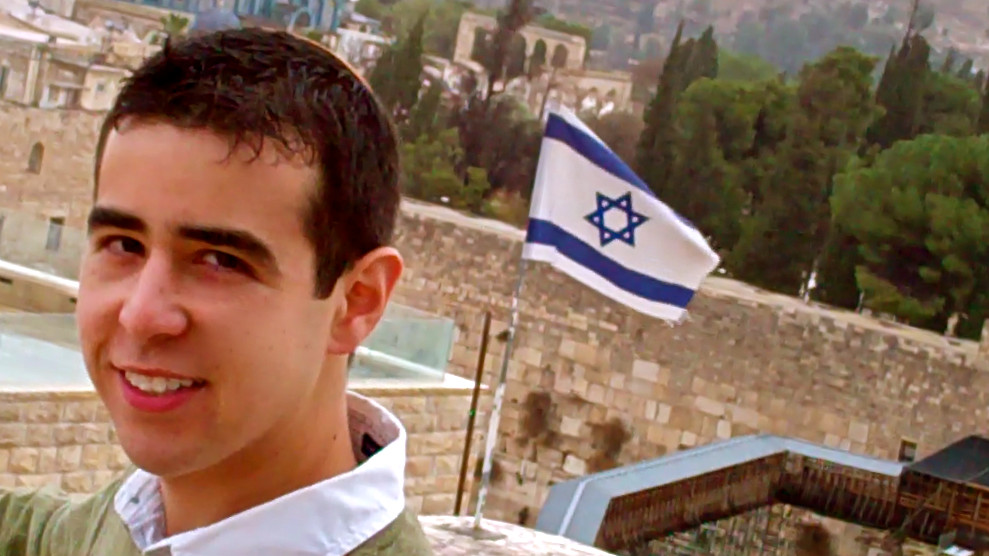From the heart of Jerusalem: Bowing for shekels
In mid-October, I stopped putting out my hat in the Old City Square to play cello for personal profit. Seeing the beggars, who desperately needed donations made me realize that I did not need the money and made me feel guilty. Instead, I built a Magen David Adom sign and played to raise charity funds. Gradually the frequency of my playing lessened, as my schedule filled, and when unpredictable winter weather set in I stopped altogether.
But I missed it. When February brought stable sunny weather I was eager to resume my post. With allowance funds dwindling and without any alternate source of income I lusted for pocket money. Maybe just this once I could play for personal profit. Next week I could resume my charitable routine for the Magen David Adom.
That day I made a fat, heavy profit. All Shabbos I couldn’t stop thinking about my success. I started to feel exceedingly powerful. I planned to play multiple times a week to crank in the big bucks.
Without wasting a minute of my Sunday lunch break, I took my seat in the square. I placed my cello case open in front of me, ready for the coins to start rolling in. Before I even began playing, a small crowd had gathered to listen. Tourists were captivated by the romantic appearance of the instrument and some were already taking photos.
I calmly pulled my bow out of the case and began to tighten it. I turned the knob on the bow slowly. Ten seconds passed. Twenty seconds and then thirty seconds. It was time to start playing. But still, my bow hairs were limp. I turned the screw more quickly but nothing was happening. Gradually I began to panic. As I turned frantically, my hands began to shake. The bow was broken.
Without a functional bow I could do nothing but sit. An audience was still crowded around me, waiting. They saw something was wrong, and their pity made me feel naked. In a second, feelings of extraordinary talent turned to pathetic helplessness. I was humiliated as I hurried to pack up and go.
Now that I reflect back on this incident I see with great clarity that there was in fact a reason this happened. My street performance success had twisted my perception. Financial profits had become a testament to greatness. And most striking of all, it was precisely when conceit started to clog my vision that my bow fell apart.
I finally saw how powerless I really was. I was nothing without a proper bow, without cello strings, without my dedicated teacher and without the hours my dad devoted to practicing with me. The list goes on.
I see that the gifts in my life are not birthrights. Accomplishments that looked like personal triumphs were actually blessings. And then G-d held them back. Nor is the ideal to never play for income, but self-indulgence and asceticism can be vicious extremes. Halachah established a minimum percentage of income for charity, not to dissuade business but rather to remind the successful that G-d is the source of all prosperity. If only I can appreciate G-d’s generosity, I trust the music will keep playing.
Samuel Fisher grew up in Newton, Massachusetts and graduated from Maimonides School in 2010. He is spending the year studying in Yeshivat Orayta in the Old City of Jerusalem after which he will attend Harvard College.

 62.0°,
Mostly Cloudy
62.0°,
Mostly Cloudy 




